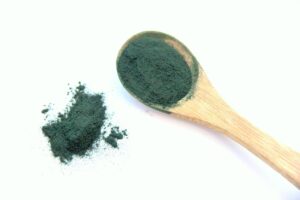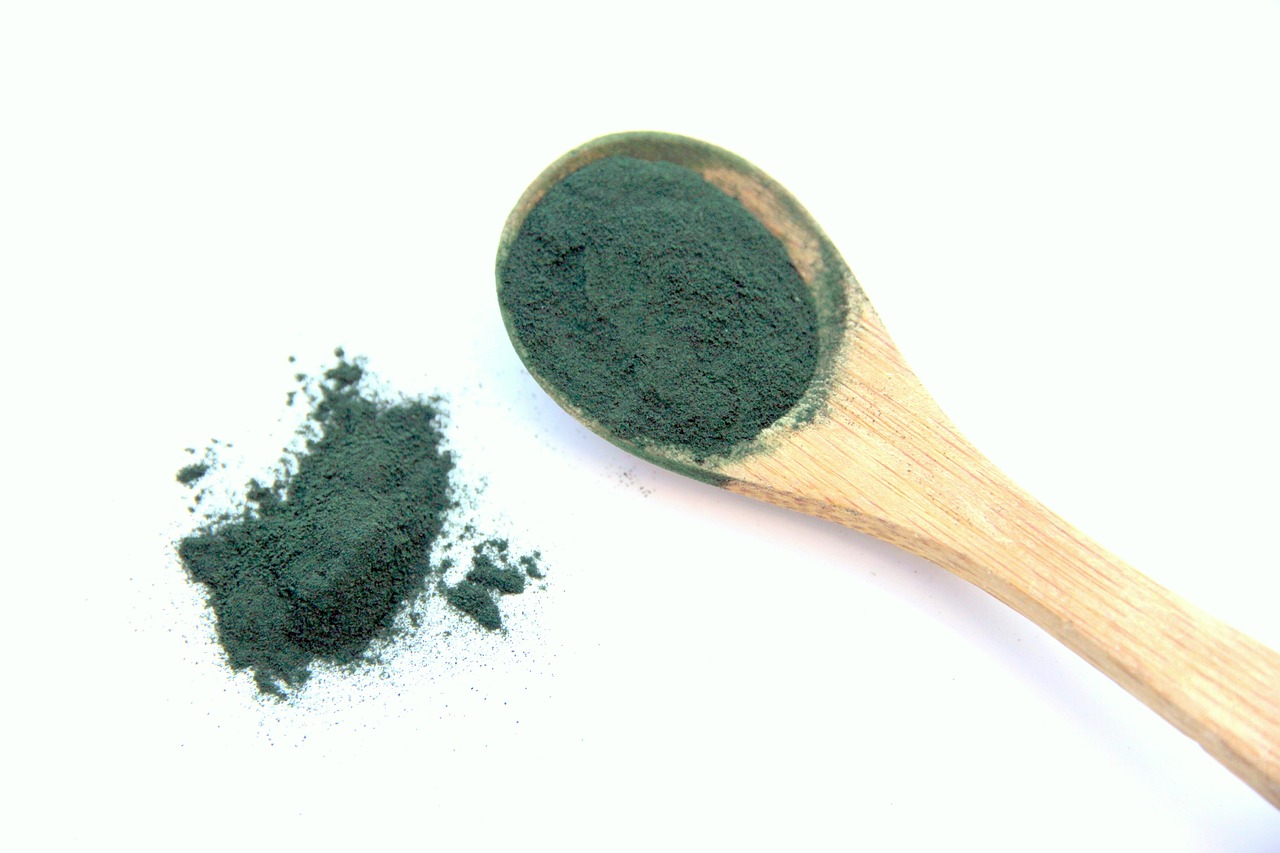Spirulina – What Are The Benefits For The Body
We are sure that lately, you have often heard words like “superfood” or “miracle of the sea”. These words are said about spirulina. Spirulina is defined as a “superfood” because it contains large amounts of plant proteins. For this reason, it is preferred as a dietary supplement. In addition, the fact that it is an antioxidant and contains many vitamins is why spirulina is preferred as a dietary supplement.
Nutritional composition of spirulina
Spirulina has a high nutritional value with its proteins, essential amino acids and fatty acids, vitamins, and minerals. Its general composition consists of 50-70% protein, 15-25% carbohydrates, 6-13% lipids, 4.2-6% nucleic acid and 2.2-4.8% minerals.
Health benefits of spirulina
Spirulina, which has many health benefits, is used to support the body in the treatment of cancer, anemia, allergies, weak immunity, and many other diseases.
1. Strengthening the immune system
Spirulina is rich in several vitamins and minerals that are necessary for maintaining a healthy immune system, such as vitamins E, C, and B6. Research has shown that it also increases the production of white blood cells and antibodies that fight viruses and bacteria in your body.
2. Support of cardiovascular health
Research has shown that the protein in spirulina lowers cholesterol levels by reducing the body’s absorption of cholesterol. This helps keep the arteries clear and reduces pressure on the heart, which can lead to blood clots that cause heart disease and stroke.
Its protein content also lowers triglyceride levels. These are fats in the blood that can contribute to hardening of the arteries, increasing the risk of heart disease, high blood sugar, and pancreatitis.
It also helps your blood vessels to relax by increasing the production of nitric oxide in your body. Research shows it can lower your blood pressure and reduce your risk of heart disease.
3. Promoting detoxification and liver health
High levels of chlorophyll are considered one of nature’s most powerful detoxifiers. Spirulina, in particular, can speed up your body’s detoxification processes. This miracle herb is effective in reducing kidney toxicity caused by the leaching of certain heavy metals.
It also supports liver health. The incidence of non-alcoholic fatty liver disease is increasing. It usually occurs when fatty liver is combined with obesity, poor diet, and excessive oxidative stress.
The best strategy against this is to make appropriate dietary changes to help lose excess body weight (fat) and lower lipids. In this case, spirulina provides support for the oxidation of fatty acids.
4. Improving energy and reducing fatigue
Spirulina is rich in vitamins, minerals, and proteins that help increase the energy level in the body. It can reduce fatigue and improve endurance performance during exercise thanks to its high protein and antioxidant content.
5. Supporting brain health and cognitive function
Spirulina contains omega-3 fatty acids, which are known to support brain health. This is a great benefit if you want to improve your cognitive function and memory.
6. Weight control
Spirulina helps in weight loss by suppressing appetite and providing adequate nutritional values for the body, which is of primary importance in weight control.
7. Skin and hair support
Spirulina is very beneficial for the skin. It especially helps to eliminate acne and pimples. It also has benefits for hair. It is known to be good against hair loss.
8. Benefits for the digestive system
It supports the digestive system. It is used for the intestines and accelerates the functioning of the intestines. Spirulina is very beneficial for probiotic bacteria such as lactobacilli that live in the digestive system.
9. Potential harms and side effects
Although widely considered safe, spirulina has several potential side effects. Some supplements may be contaminated with toxins. What’s more, these algae can worsen some autoimmune conditions and thin your blood. You should avoid spirulina if you are taking blood thinners or if you have an autoimmune condition, bleeding disorder, allergy, or PKU.

Selection and use of spirulina
Recommended daily dose
The recommended daily dose for using spirulina is 4-6 tablets per day. But to determine the right dose for you, we recommend that you consult your doctor.
Dietary supplements
If you are iron deficient and have difficulty consuming plant proteins, you can use spirulina in tablet form as a daily dietary supplement.
Smoothies and shakes
You can add spirulina powder to your smoothies or shakes by adding 1 medium frozen banana, half a frozen and sliced mango, ½ teaspoon of spirulina powder, and ¾ cup of almond milk to a blender, blend all the ingredients well. Transfer the prepared mixture to a bowl and decorate it with nuts, granola, blueberries, and peanut butter. Enjoy your meal!
Add to food
Adding spirulina powder to your food is an easy and smart way to supplement your diet. There is no better superfood in the world, especially for the protein, iron, and amino acid levels of spirulina – there is nothing like it! Spirulina is also a colorful addition to salads and soups. Just sprinkle it on and let it work its magic. Spirulina adds a slightly herbal and salty taste to food, so it is more than just nutrition. She is also a spice!














Post Comment